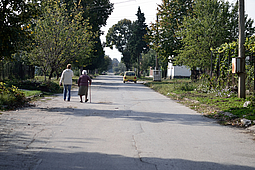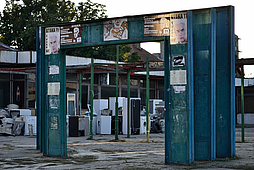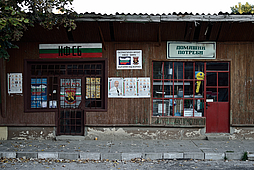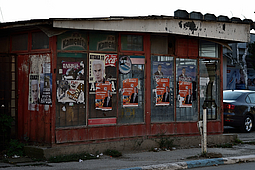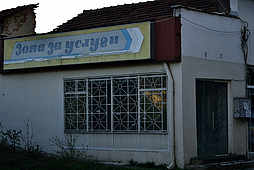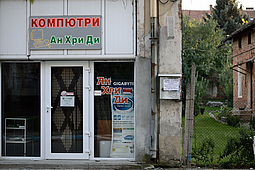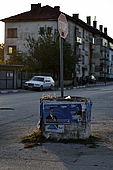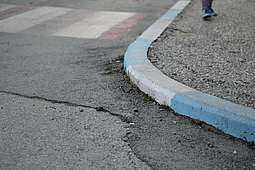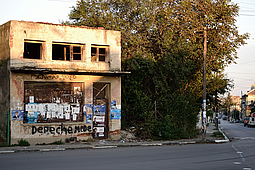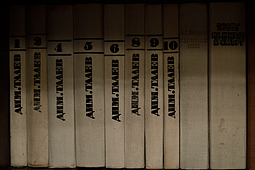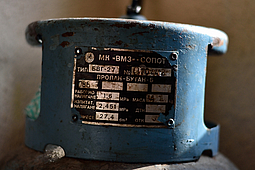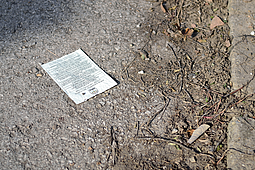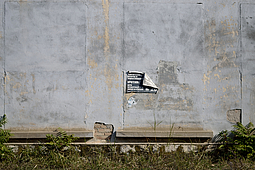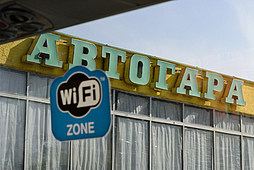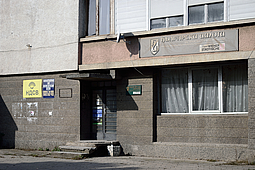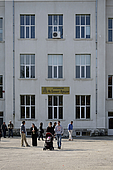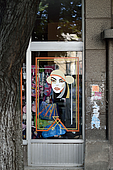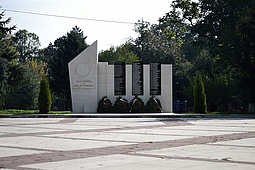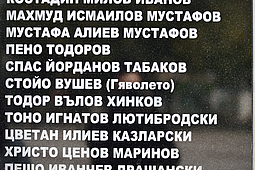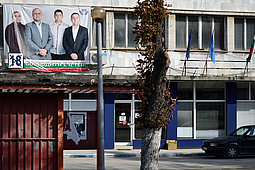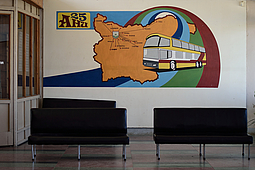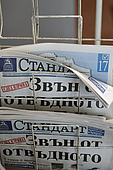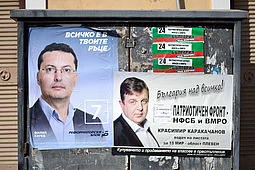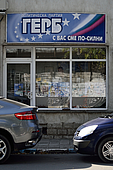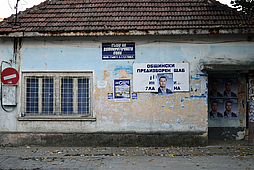Writing History.
Writing History.
Byala Slatina, Bulgaria.
October 5th, 2014.
It was too lively for a Sunday as we were walking through the streets towards a local school to avoid the queues at the polling station. After a year of protests the government had given up its place and new general elections were taking place among weak expectations from the few participants along the contempt and denial of the majority of the citizens who decided to stay at home and give up their only chance to take part in the decision making processes of their country.
We walked through old sidewalks slowly being recovered by nature, covered with green baize of lawn, herbs and any plant with stronger will to survive than the urban plan that gave birth to this north-western city. Nobody seems to complain though; many of the houses now have adapted to the new circumstances arranging the space in front of their fences as an extension of their interior gardens.
As we got closer to the town’s centre, the appearance of the streets started to change; concrete sidewalks were everywhere and from every wall diverse letterings and advertisings started to sprout. Some would invite you to buy their products, others wanted you to try their services, some more were vestiges of the old business activity and their survival was due to the slow decay of the town where not many entrepreneurs dare to stay. Among the posters and luminous signs, there was a special group of signs, the political ones.
Faces, popular or not, with a designed slogan and a mark of approbation across the number for which they want you to vote. Pamphlets with old promises and usually a nationalist tone were thrown at the door of old political parties and real-estate companies from the times when the city could offer someone a job. All of them showing a contemporary layer of signs soon to be forgot.
We arrived at the school where the station was located. The building is inserted in the centre; between the local cultural hall and the building of the municipality’s judicial power each one of them carrying their own signs and symbolic power in the area where the decline of the city has modified the weight of the letterings. A hotel was transformed into the city hall and a lottery booth was removed to install a monument in commemoration of the soldiers that were born in this town and went to lose their lives all around Europe whenever there was a war.
Layer over layer of worn letter, symbols signs and meanings cover a city that is losing its population generation after generation. As many other north-western towns, Byala Slatina is living a slow process of urban mummification.

